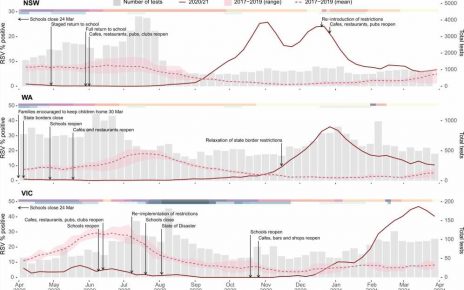A new study that analyzed protein levels in 2,002 primary tumors from 14 tissue-based cancer types identified 11 distinct molecular subtypes, providing systematic knowledge that greatly expands a searchable online database that has become a go-to platform for cancer data analysis by users worldwide.
The University of Alabama at Birmingham Cancer Data analysis portal, or UALCAN, was developed and released to public use in 2017 as a user-friendly portal for pan-cancer omics data analysis, including transcriptomics, epigenetics and proteomics. UALCAN has had nearly 920,000 site visits from researchers in more than 100 countries, and it has been cited more than 2,750 times.
“UALCAN is an effort to distribute comprehensive cancer data to researchers and clinicians in a user-friendly format to make discoveries and find needles in the haystack,” said Sooryanarayana Varambally, Ph.D., professor in the UAB Department of Pathology Division of Molecular and Cellular Pathology and director of UAB’s Translational Oncologic Pathology Research program. “Cancer detection, diagnosis, treatment, cure and research need a global team effort, and making sense of the huge amount of data involved needs a way to analyze and interpret these data.”
Cancer is a complex disease, and its initiation, progression and metastasis, the spread to distant organs, involves dynamic molecular changes in each type of cancer. Individual cancer patients show variations apart from some of the common genomic events.
In the new study, Varambally worked with longtime collaborator Chad Creighton, Ph.D., Baylor College of Medicine, Houston, Texas. Creighton led the proteomic study, published in Nature Communications, “Proteogenomic characterization of 2002 human cancers reveals pan-cancer molecular subtypes and associated pathways.” This extends two early proteomics studies published in 2019 and 2021.
Previously the team performed RNA transcripts analysis, providing the data to researchers through UALCAN, to determine which pathways the myriad forms of cancer use to aid growth, spread and aggressiveness. With this recent study, the team performed and incorporated large-scale proteomics analysis. The data and results provide new ideas for further research and possible therapeutic interventions.
Source: Read Full Article



